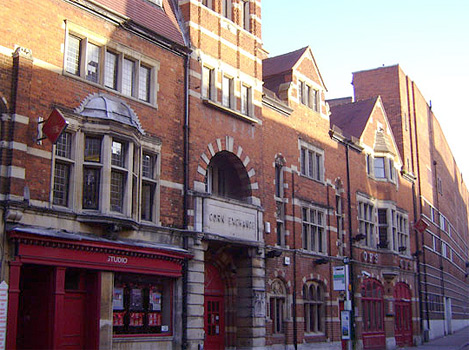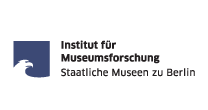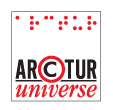This project has received funding from the European Union’s Seventh Framework Programme for research, technological development and demonstration under grant agreement no 632694

‘Hidden’ cultural heritage – inclusion, access and citizenship
Case Study Coordinator: Coventry University, Neil Forbes and Sarah Whatley, email: N.Forbes@coventry.ac.uk, S.Whatley@coventry.ac.uk
This case study will examine how community groups of citizens engage with cultural heritage and participate in the generation and reuse of cultural heritage using digital technologies. The focus will be on discovering the extent to which what might be described as ‘hidden’ cultural heritage could be accessed and shared through digital methods. ‘Hidden’ cultural heritage refers to culture that is hidden because
- it takes place in contexts that have limited public exposure
- it resides in the individual histories and experiences of the individual citizen
- it is not the focus of cultural institutions because it is unknown or falls outside conventional archiving strategies
- it emerges and resides within the memories, bodies and creative expressions of those who participate in it.
The case study will focus on groups who volunteer to participate in cultural activities, whether theatre, dance, music, art, film making, photography and so on, as part of their own cultural enrichment and journey towards a sense of citizenship. These groups will be drawn from a UK arts project: Arts at the Old Fire Station in Oxford – a charity and social enterprise that brings together arts workers and homeless people for professional development. The case study will draw on the experience of those who use and work within the centres to discover more about:
- What kinds of CH they access and/or participate in.
- The way in which they access and/or participate in CH and particularly digital CH
- The institutions and services they use to access and/or participate in the creation of digital CH
- Any barriers that they can identify in accessing, using and reusing digital CH
- What would make a difference to them engaging with digital CH
- Whether they perceive digital CH as something important to them individually and if so, how they might co-operate in the creation, use and reuse of digital cultural heritage.














